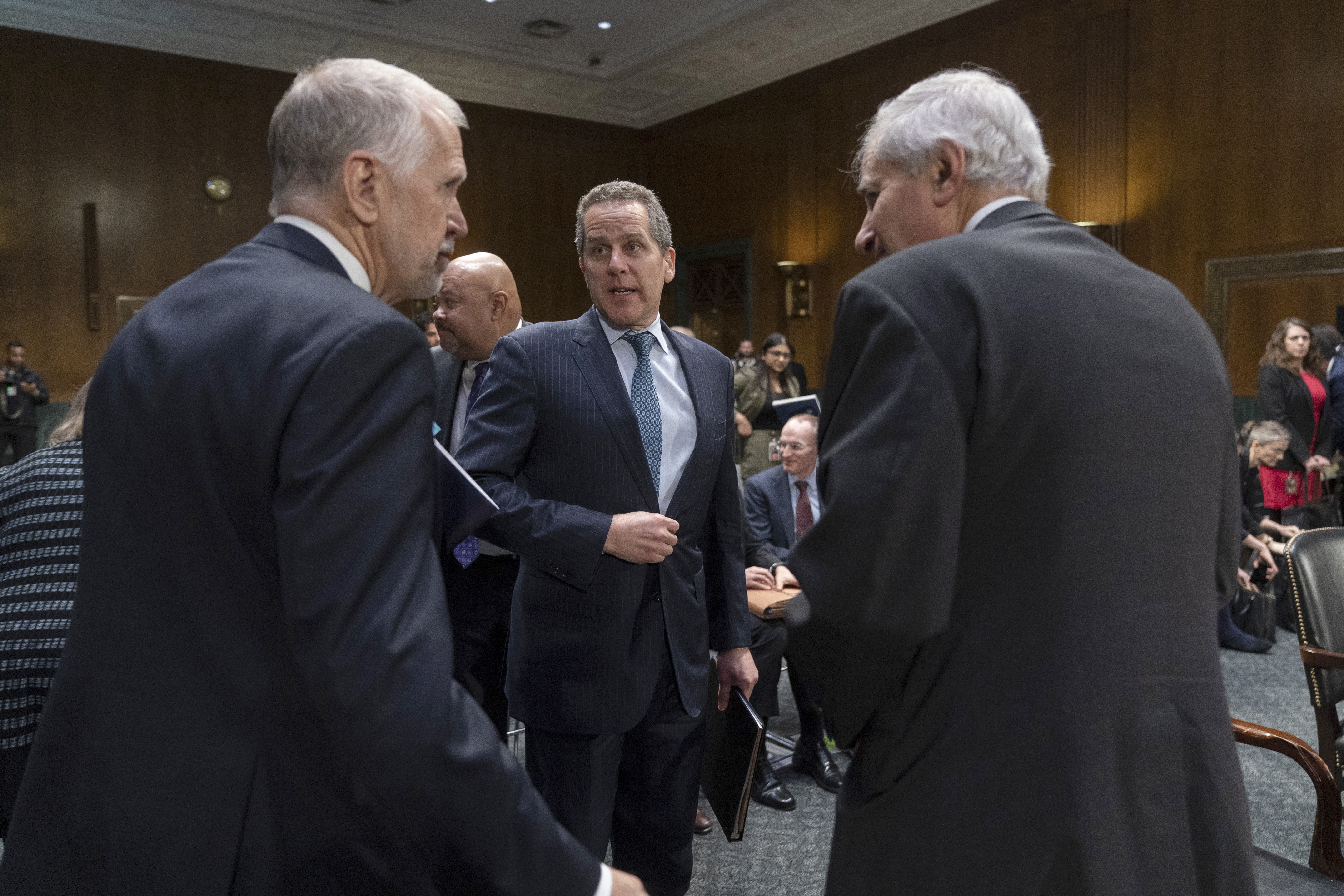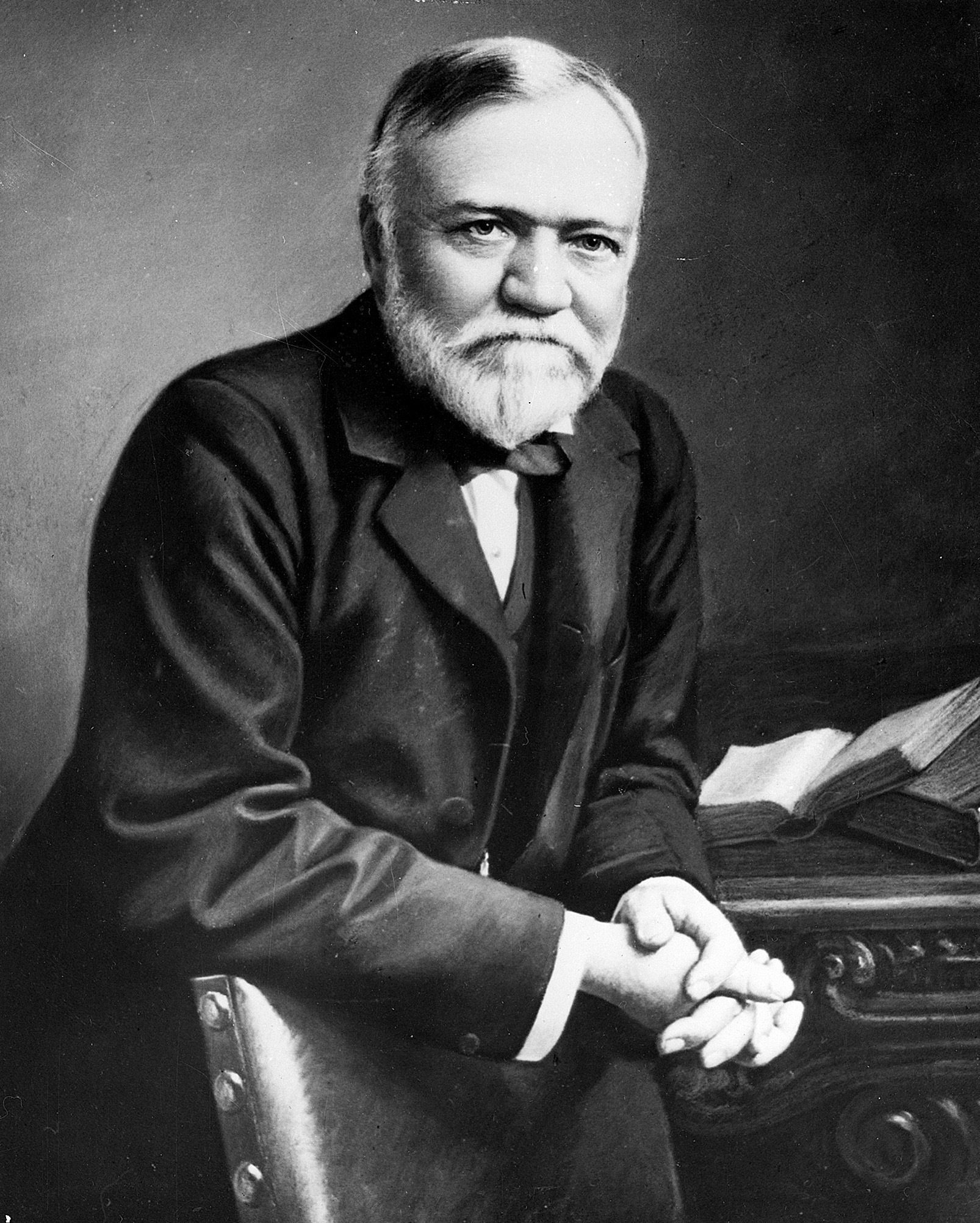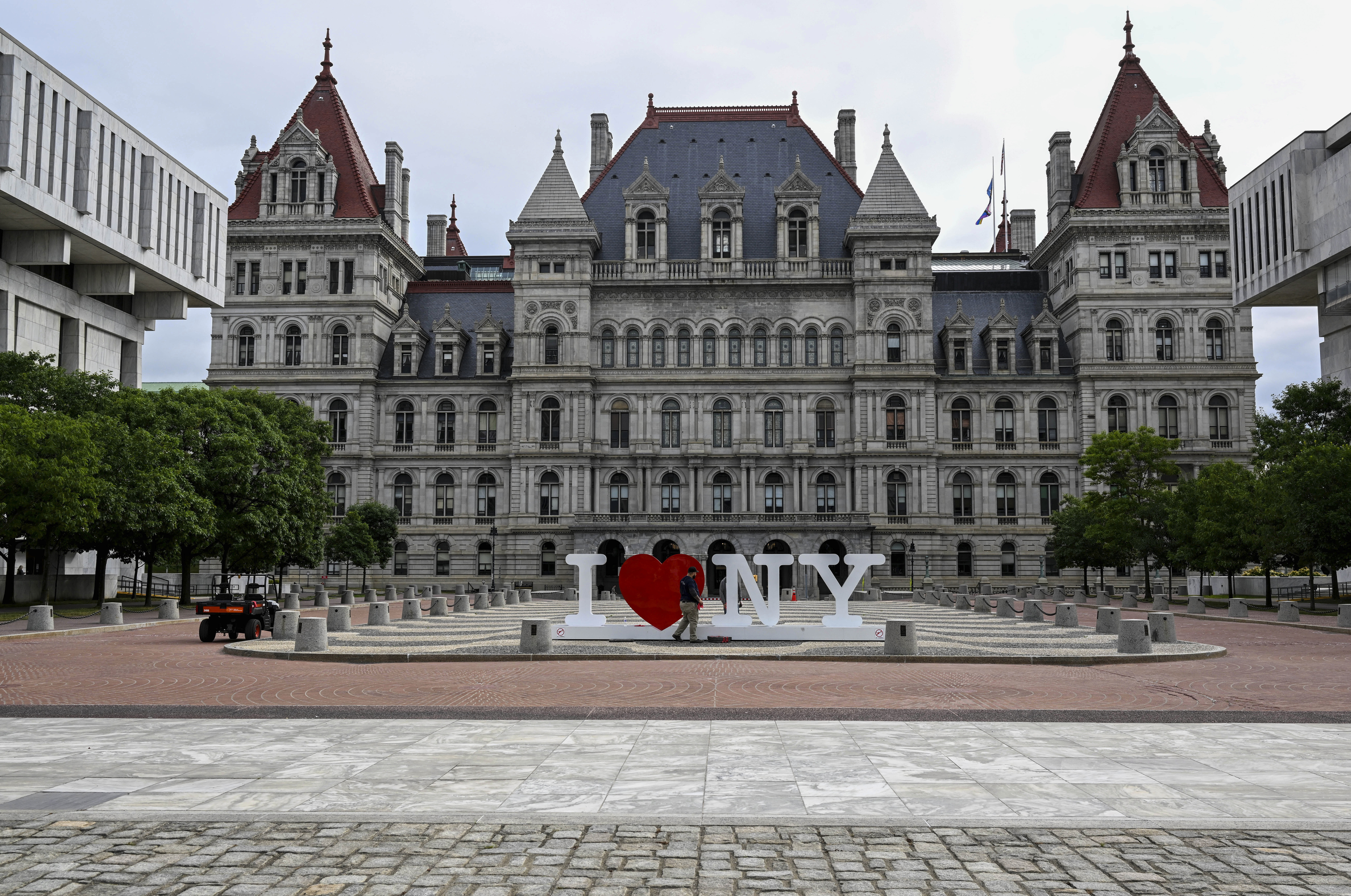RICHMOND, Va. (AP) — A ratepayer protection that state regulators included in a recent order approving Dominion Energy Virginia’s application to build and recover the costs of a massive offshore wind farm would force the utility to scrap the project, Dominion said in a filing this week.
The State Corporation Commission granted approval this month for the 176-turbine, multibillion-dollar project off Virginia Beach. Dominion immediately raised concerns about the commission’s inclusion of a performance guarantee for the wind farm and in a petition Monday asked the regulators to reconsider that element of their order.
Dominion “shares the Commission’s concern, as expressed in the Final Order, that the Project be constructed and operated in a way that reasonably mitigates risk for its customers. The Commission’s unprecedented imposition of an involuntary performance guarantee condition on its approvals, however, is untenable,” the filing said. “As ordered, it will prevent the Project from moving forward, and the Company will be forced to terminate all development and construction activities.”
The commission’s Aug. 5 order included three “consumer protections,” including the performance guarantee, or performance standard.
The State Corporation Commission ordered that beginning with the commercial operation and extending through the life of the project, customers will be “held harmless” for any shortfall in energy production below an annual net capacity factor of 42%, measured on a three-year rolling average. Capacity factor is a measure of how often a generating facility runs during a period of time.
Such a performance standard will protect customers who are paying for the project “from also having to pay for replacement energy if the Project does not generate the amount of electricity upon which Dominion bases its request and its cost estimates,” the commission said in its order.
Dominion argued in its petition that the commission lacks the authority to impose such a performance guarantee and that doing so would be contrary to the intent of the General Assembly, which helped pave the way for the project in 2020 with an overhaul of the state’s energy law.
The utility also argued the performance standard is unreasonably broad in scope and would hold it responsible for events far out of its control, such as “acts of war or terror, catastrophic weather events or changes in weather patterns.”
The filing took issue with the use of a 42% capacity factor over a three-year period. Dominion has estimated 42% as the lifetime average capacity factor for the project and said in the petition that some years would outperform and others would underperform, and that performance may “degrade over time.” Further, the requirement is unfairly structured, with a penalty for years during which the project underperforms but no bonus in excess years, Dominion said.
“This is essentially a ‘heads I win, tails you lose’ proposition — a one-way street to the sole detriment of the Company,” the filing said.
The wind farm, which will be about 27 miles off the coast, has an expected capital cost of $9.8 billion and has drawn broad support from local officials, policymakers, business groups and trade unions, who say it will help fight climate change and create jobs.
The company already has a two-turbine pilot project up and running. The 2.6-gigawatt, utility-scale project’s schedule calls for construction to be complete in 2026. Dominion expects the project, which it says will be the country’s largest offshore wind farm, to generate enough clean energy to power as many as 660,000 homes.
“Offshore wind has many benefits for our customers: it is fuel free, emissions free, diversifies our energy mix, and is a transformative economic development opportunity for Hampton Roads,” spokesman Jeremy Slayton said in an emailed statement Tuesday.
No parties to the proceeding opposed the project. But whether to implement consumer protections — and what kind — was central in the voluminous briefings in the case and a May evidentiary hearing.
The performance guarantee was a recommendation of the Office of the Attorney General’s division of consumer counsel, which represents ratepayers’ interests in commission proceedings.
Victoria LaCivita, a spokesperson for Attorney General Jason Miyares, said the office couldn’t comment on pending litigation.
Andy Farmer, a spokesperson for the commission, said the next step in the process would be a commission order on Dominion’s petition. He said he could not comment on when such an order might come.

























